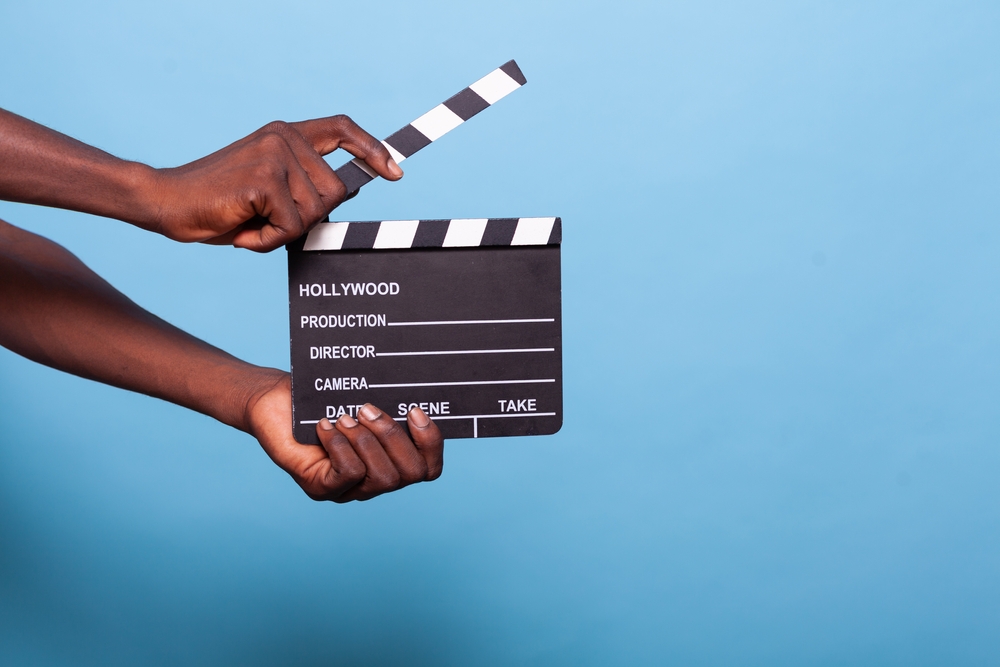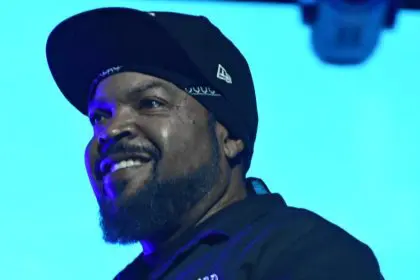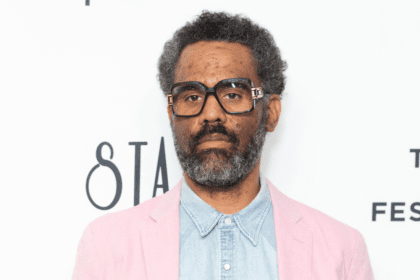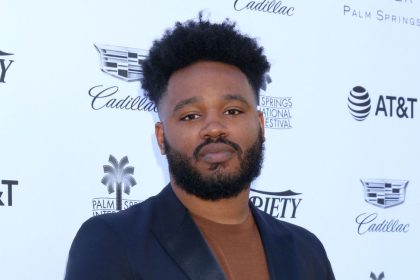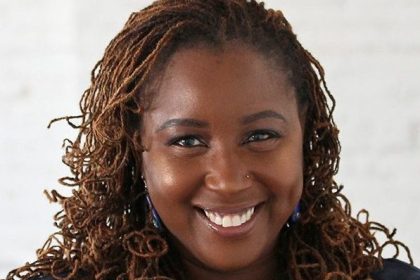The past 25 years have witnessed an unprecedented flowering of African American cinema, with filmmakers creating works that transcend entertainment to become cultural phenomena and artistic landmarks. These films have not only garnered critical acclaim and commercial success but have fundamentally shifted conversations about race, identity, and representation in American media.
From intimate character studies to sweeping historical epics, these movies demonstrate the power of authentic Black storytelling to reach universal audiences while addressing specifically African American experiences. Their impact extends far beyond box office numbers to influence social discourse and inspire a new generation of filmmakers.
Artistic excellence meets commercial breakthrough
1. Barry Jenkins’ Moonlight revolutionized cinema with its poetic exploration of Black masculinity and queerness, proving that intimate, personal stories could achieve both critical acclaim and Academy Award recognition. The film’s Best Picture victory marked a watershed moment for LGBTQ+ representation in Black cinema and demonstrated that authentic storytelling could resonate with mainstream audiences.
2. Jordan Peele’s Get Out transformed the horror genre by using psychological thriller elements to expose the insidious nature of liberal racism, creating a cultural phenomenon that spawned countless discussions about racial dynamics in contemporary America. The film’s success proved that genre filmmaking could address serious social issues while entertaining audiences.
3. Ryan Coogler emerged as a defining voice with both Fruitvale Station, which brought urgent social justice themes to cinema through the tragic story of Oscar Grant, and Black Panther, which shattered preconceptions about superhero movies while celebrating African culture on an unprecedented scale.
Historical narratives confront difficult truths
4. Steve McQueen’s 12 Years a Slave forced audiences to confront the brutal realities of American slavery through unflinching storytelling that refused to sanitize historical trauma. The film’s Best Picture victory demonstrated Hollywood’s willingness to engage with difficult chapters of American history when presented with exceptional artistry.
5. Ava DuVernay’s Selma brought the civil rights movement to contemporary screens with relevance that felt immediate rather than historical, connecting past struggles for voting rights to modern political challenges. The film showcased how historical drama could speak directly to current social movements.
6. Gina Prince-Bythewood’s The Woman King provided a rare example of African historical epic centered on female warriors, offering audiences a vision of African strength and resistance that countered typical Hollywood representations of the continent.
Contemporary social issues drive powerful storytelling
7. The Hate U Give, adapted from Angie Thomas’s influential novel, tackled police brutality and systemic racism through the perspective of a teenage protagonist navigating between different worlds. The film demonstrated how young adult literature could address serious social issues while remaining accessible to diverse audiences.
8. Regina King’s directorial debut One Night in Miami created an intimate conversation between four iconic Black figures, exploring the complexities of fame, activism, and responsibility that resonated with contemporary discussions about celebrity and social justice.
These films addressed urgent contemporary issues including police violence, systemic racism, and the challenges of code-switching between different cultural environments that many African Americans navigate daily.
Cultural celebration and artistic legacy
9. Ma Rainey’s Black Bottom honored the legacy of Black musicians while providing a fitting final performance for Chadwick Boseman, whose presence in multiple films on this list underscores his importance to contemporary Black cinema. The film celebrated the foundational role of African American artists in creating uniquely American art forms.
10. Black Panther achieved the rare feat of being both a cultural celebration and a commercial blockbuster, proving that films centering African culture and Black excellence could achieve unprecedented box office success while inspiring global audiences.
These movies collectively demonstrate that authentic Black storytelling serves not just African American audiences but speaks to universal themes of identity, justice, and human dignity that resonate across cultural boundaries.
Industry transformation and lasting impact
The success of these films has fundamentally changed Hollywood’s approach to Black cinema, moving beyond stereotypical narratives to embrace complex, nuanced storytelling that reflects the full spectrum of African American experiences. Studios now actively seek diverse voices and stories that previously would have been considered niche.
These filmmakers have created a new template for Black cinema that combines artistic excellence with commercial viability, proving that authentic representation can achieve both critical recognition and financial success. Their influence extends to inspiring a new generation of Black filmmakers who see expanded possibilities for their own storytelling.
The cultural conversations generated by these films have extended far beyond entertainment into education, activism, and social policy discussions, demonstrating cinema’s power to influence real-world change while preserving important stories for future generations.
Together, these 10 films represent a golden age of African American cinema that has permanently expanded the landscape of American film while creating a lasting artistic legacy that will influence storytellers for decades to come.

